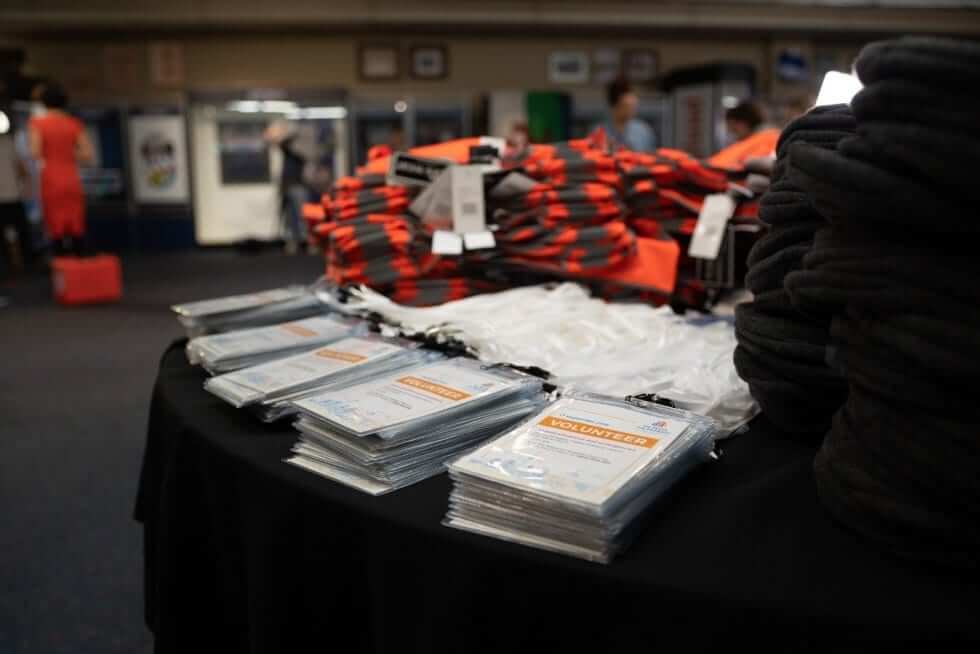Publish Date:
16 May 2019Keywords:

16 May 2019
Based on the most recent Census data, Māori make up 11 per cent of the general Auckland population. Full findings from Ira Mata Ira Tangata: Auckland’s Homeless Count, show that nearly 43 per cent of those living without shelter (who were surveyed on the night) and nearly 40 per cent of those living in temporary accommodation were Māori.
Fiona Hamilton, Programme Manager for Housing First Auckland said that supporting solutions that are grounded in Kaupapa Māori approaches must be a priority going forward. “We have already seen this working well through Te Puea Marae and Papakura Marae’s responses to homelessness.”
“Examining how that type of approach can be built upon and delivered across a wider, regional Auckland context needs to be a key focus going forward,” adds Ms Hamilton.
Other groups who experienced homelessness at levels disproportionate to the general population included rainbow people and disabled people. Pasifika people were overrepresented among those in temporary accommodation. Also striking was the number of children in temporary accommodation.
“On the night of the count, 1,300 children were living in temporary accommodation, nearly half the total number of people in temporary accommodation in Auckland,” says Ms Hamilton.
“Living in temporary accommodation is still homelessness and being homeless as a child is a risk factor for being homeless as an adult.
“While temporary accommodation is an important safety net, ultimately it is not a permanent solution,” adds Ms Hamilton.
Initial findings from the Count, released last October, showed on the night of 17 September 2018, there were 800 people estimated to be living without shelter, with a minimum of 2,874 people in temporary accommodation.
Auckland Mayor Phil Goff said, “Growing homelessness in Auckland over the last decade has imposed significant human and financial costs and has no place in our city.
“Auckland Council and the Housing First Auckland Collective have made real progress in tackling homelessness since we launched the programme in 2017.
“In 22 months, we have housed 964 people including many children who were homeless living in cars, on the streets and in emergency accommodation.
“There is however still much more to be done. I, therefore, welcome the Government’s commitment last week to invest $200 million over the next four years to expand the Housing First programme. It is a proven and effective way to get people into homes, with the support services necessary to tackle the causes of homelessness.
“I will be pressing Government to ensure that Auckland, where the biggest problems are, gets a fair share of that funding.
“More will be needed, but this is a very big step in the right direction,” Phil Goff said.
Key regional initiatives are already underway. Auckland Council has been working with key agencies to develop a regional, cross-sectoral homelessness plan (Kia Whai Kāinga Tātou Katoa). This plan will facilitate more effective collaboration across the sector, better data-sharing and a greater focus on intervening early to prevent homelessness in the first place, particularly for Maori and Pacific communities.
Agencies are also working together to develop a of a comprehensive response in the central city, where homelessness is concentrated. This includes a “by name” approach so that every person living without shelter is known – international experience shows this makes it easier to access the help they need. Over time, these approaches can be scaled up across the region.
The new projects build on the many services that are provided across the region by Housing First Auckland Collective providers (Kāhui Tū Kaha, Lifewise together with Auckland City Mission, LinkPeople and VisionWest) that support the chronically homeless into permanent homes with wraparound services.
Since the programme began in March 2017, 964 people, including 452 children, have been placed into permanent homes by the Housing First Auckland Collective. The recent announcement by Central Government to invest a further $197m over four years into Housing First across the country will help to house an additional 1,044 people across New Zealand.
You can view the full report here.
For media enquiries about the report, please contact Hayley Maxwell at hayley.maxwell@wisegroup.co.nz or 021 856 157